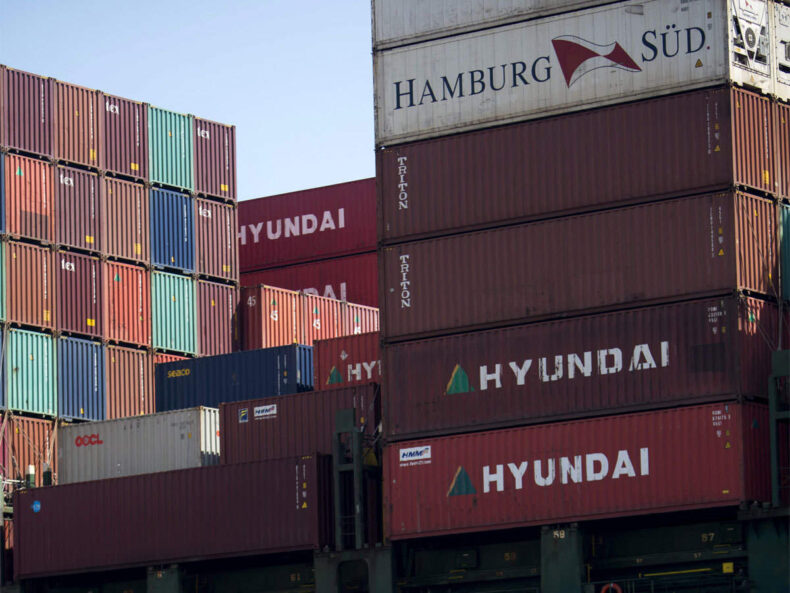The import of raw material under the scheme may be exported after at least a 15% value increase
The Advance Authorization Scheme, also known as the Advance License Scheme, is a tax-exempt program offered to manufacturers to import rat products free of charge to produce imported products.
The Directorate General of Foreign Trade (DGFT) specifies the number of imported items allowed in any product by issuing an intelligent sector list of standard import (SION) standards.
It identifies the required amount of inputs necessary for specific products while also considering any possible damage during production.
In cases where SION will not apply to the consignor or production process, the exporter may apply for a pre-licensed license under ad hoc procedures. The exporter can apply for the program by self-declaration and certification.
The system is open to the manufacturer to export but is not limited to them. Export vendors linked to supportive manufacturers can also work. Providers of the United Nations and other aid programs may apply for this program if their names appear on the contact list.
Payment here must be accepted in foreign exchange. In the case of import orders from the pharmacy, the authorization will be extended only to exporting manufacturers.
Under this scheme, manufacturers enjoy exemptions from property taxes, tuition fees, social grants, and non-disposal taxes. Tariffs on integrated goods and services and compensation tax are also exempt under this scheme.
What inputs are included in the program?
The list of items eligible for exemption from work under this program is pervasive. It includes substances that are physically incorporated into the final product, such as oil, oil and other commodities or used to produce an export product.
For backup parts to be officially shipped with the final product, the authorization process provides coverage of up to 10% of the CIF value (costs, insurance, assets).
Biotechnology materials are approved if the biotechnology department approves and issues a certificate of non-compliance.
The import of specified spices can be tax-free only by manufacturers who crush, grind, disinfect or produce oil or oleoresin. Cleaning, grading and packaging are not as suitable as production, so the species exported for this purpose will not be eligible for exemption from work.
A particular pre-accreditation system is available for importing fabric free of charge under SION and on the condition that the material is physically imported into the exporting product.
Need for additional value
The import of immature items under the system can be exported after the value scheme can be shipped after a value increase of at least 15%. However, with tea, the price – they need for the supplement is 50%.
Appendix 4D, part of the Handbook of Procedure 2015-2020, lists products that do not receive payments in a free convertible foreign currency.
Paper and fine printing
Export and manufacturers can apply for the program on the DGFT website with a valid export-export code. The condition for issuing a permit in advance is to meet the export obligation – in terms of value and value of exports within the stipulated period.
Applicants must ensure that the export proceeds are available in a flexible manner unless otherwise specified. In the event of exports being re-imported, the relevant regional authority must be notified within one month.
The validity of the authorization is 12 months from the date of issue. However, it is recommended that you keep proof of fulfilling your obligations for at least 18 months from the date the prior authorization was issued.
For items reported to SION, prior approval is also available as an annual requirement. However, exporters must share their export performance over the past two years. The export value received must be more than 15% of the CIF value of the input entered into the system.













